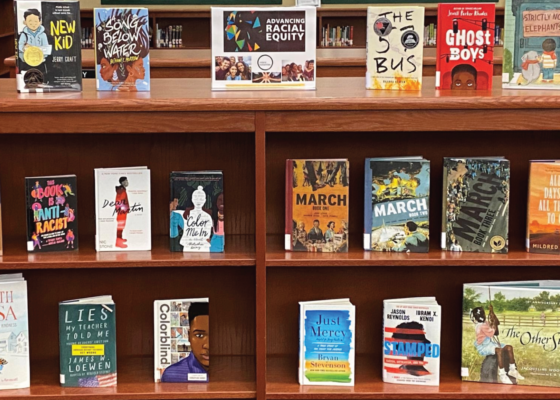Olympics Bring Civility to London
September 17, 2012In March 2011, my friend who lives in Edinburgh and I began planning our trip to watch the great London Olympic spectacle. Our concern was snagging tickets, booking planes and…
In March 2011, my friend who lives in Edinburgh and I began planning our trip to watch the great London Olympic spectacle. Our concern was snagging tickets, booking planes and trains, and arranging where to sleep. To be honest, I was most excited not about being in the stands for a particular competition (although watching archery or fencing would have been cool), but about seeing the infrastructure changes that the city was required to make in order to host the games. I have loved London for about 15 years, and I was curious to see for myself all the construction and additions I’d been reading about in the run-up to the big event.
However, as soon as I landed, my attention was grabbed by an aspect I didn’t expect: the hospitality. While I understand why London has the curmudge only reputation it does, I have never experienced the city to be rude or cold. Yet big cities have a rhythm that feels more like a rush and a shove than an embrace; I imagined the flood of visitors and the pressure of world attention would add to that rough edge and make navigation that much tougher. But that was not my experience. The city was saturated with welcoming banners and even friendly volunteers who were almost ubiquitous and who reliably had a smile and a helpful word no matter the question. Was that a spring in that stranger’s step? Were people, although a little squished, just a bit more accommodating on the Tube (subway)? Even the wall-to-wall television and radio coverage had a tone of delight to it, not simply because Team GB was succeeding, but because of the sheer joy of this world party, this celebration of excellence, this coming together of the world for the best things sport has to offer.

Even with the anticipation of the Paralympics Games, media commentators bemoaned a possible quick return to post-Olympics gloom and doom – and the chance that the city would spring back to its curmudgeonly state. Would the civil sportsmanship leave a footprint on the city, or would it be back to gruff business as usual? I doubt that even a wildly successful staging of an Olympics can instantly change the DNA of a city. But there was no question that the delightful interactions of strangers and friends over those two weeks had changed something – and it was well worth considering how we could all keep a significant piece of that civility and joy alive and burning, just like that inextinguishable flame.
Lisa Marchal is a clergywoman in The United Methodist Church currently working for RESULTS, an anti-poverty advocacy organization. She sings with the Indianapolis Symphonic Choir, serves on the Indianapolis-Northamptonshire Sister Cities committee, and can’t wait to plan her next trip.
In September, October and November, the Indiana Humanities is exploring the topic of “civility,” as part of its Spirit of Competition theme.


